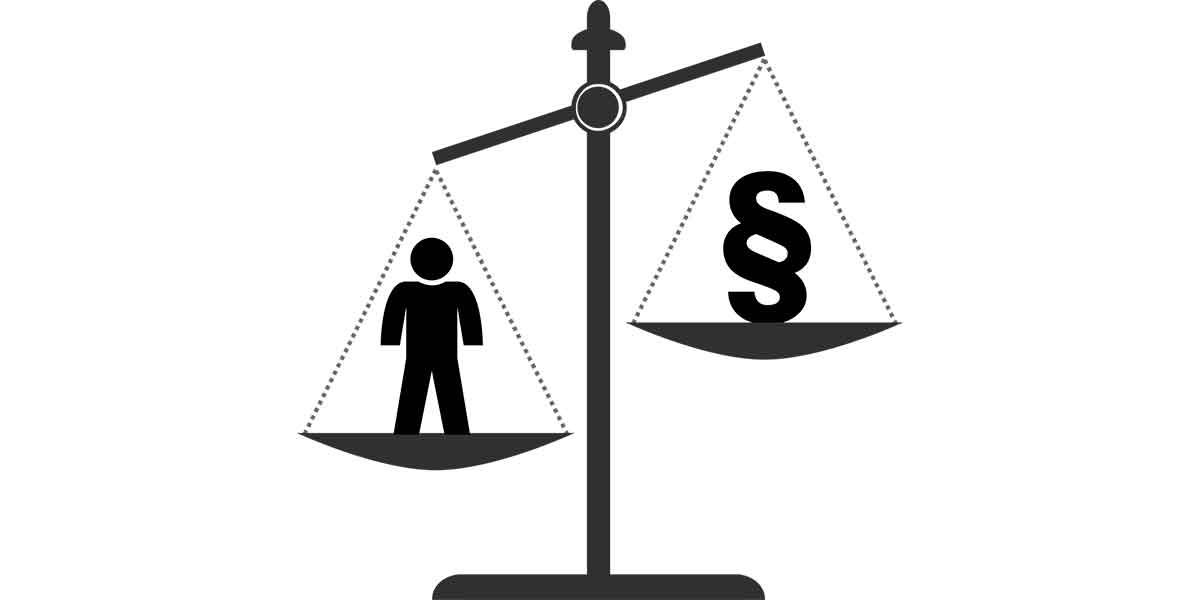When it comes to managing an individual’s estate after their passing, estate planning plays a crucial role. All the assets owned by the individual become part of their estate, which is then distributed to their beneficiaries and heirs according to their wishes.
Estate planning involves creating a will, establishing a trust, or making charitable donations to ensure the proper distribution of the decedent’s estate. The instructions laid out in the will or trust dictate how the estate will be managed and distributed.
In the case of a will, the individual must name an executor who will oversee the execution of the will through a probate process. The executor is responsible for managing all activities related to the will and distributing the estate accordingly.
Considering the potential burden of estate taxes on heirs, individuals should explore options like creating trusts or making charitable contributions to mitigate tax implications.
Understanding Estate Planning Essentials
1. Will in Estate Planning
A will serves as a legal document outlining the individual’s wishes for their assets posthumously. It designates an executor who will be responsible for administering the estate and ensuring the proper distribution of assets.
2. Selecting a Competent Executor
Choosing an efficient and knowledgeable executor is crucial for the smooth execution of the estate plan. In cases where the executor lacks expertise, hiring a probate attorney may be necessary to navigate the probate process.
3. Estate Planning for Taxes
Minimizing tax implications on the estate requires strategic planning, such as setting up trusts, utilizing education funding strategies, and making charitable contributions to reduce the taxable estate value.
4. Role of Life Insurance in Estate Planning
Life insurance can play a significant role in estate planning by providing funds to cover taxes and debts without impacting the estate value for heirs and beneficiaries. Properly structured life insurance can safeguard assets and ensure a seamless transfer to the next generation.
In Conclusion
Effective estate planning is essential for a stress-free transfer of assets to heirs, ensuring financial security for the family even after the individual’s passing. A well-structured estate plan is a valuable asset for every family.




